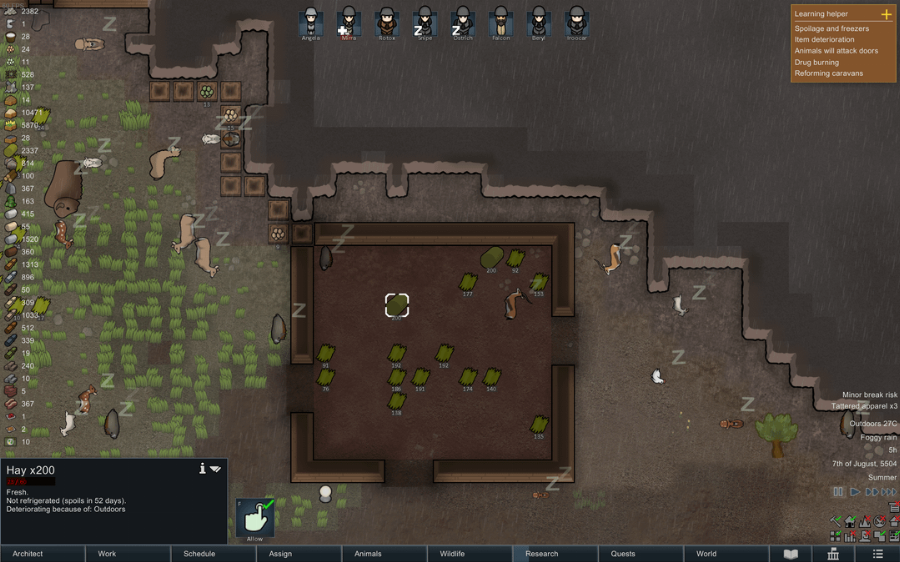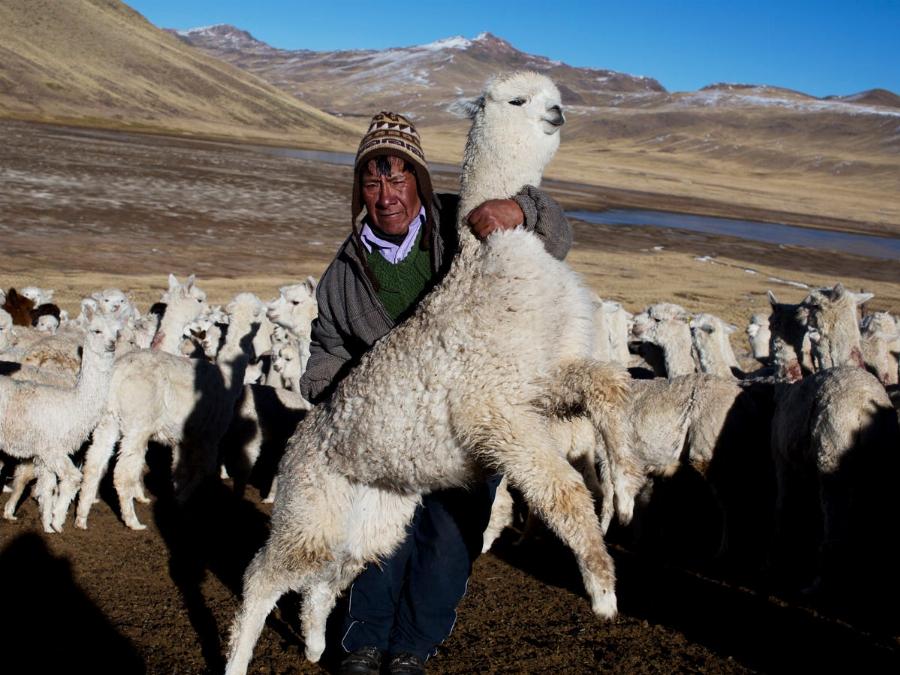Nội dung bài viết
- Origin and Significance of Alpacas
- What Do Alpacas Eat? Unveiling Their Herbivorous Diet
- What Kinds of Plants Do Alpacas Eat?
- Alpaca Care and Husbandry: Feeding Your Fluffy Friends
- How Much Do Alpacas Eat Daily?
- Do Alpacas Need Supplements?
- The Alpaca Industry and Its Products
- What Products Are Made from Alpaca Fiber?
- Interesting Facts and Myths about Alpacas
- Are Alpacas Aggressive?
- FAQs: More Alpaca Diet Insights
- Conclusion
Do Alpacas Eat Meat? The simple answer is no. These gentle, fluffy creatures are herbivores, meaning their diet consists entirely of plants. Just like their larger camelid cousins, llamas, alpacas thrive on grasses, hay, and other vegetation. But there’s more to their dietary habits than meets the eye. Let’s dive into the world of alpaca nutrition and explore what fuels these fascinating animals.
Origin and Significance of Alpacas
Alpacas originate from the Andes Mountains of South America, specifically Peru, Bolivia, Chile, and Ecuador. For thousands of years, they have been valued by Andean cultures for their luxurious fleece and gentle nature. These animals played, and continue to play, a significant role in the livelihoods of many Andean communities, providing both a source of income and a cultural symbol.
What Do Alpacas Eat? Unveiling Their Herbivorous Diet
So, what exactly do these fluffy herbivores munch on? Their primary food source is grass. In their native high-altitude habitats, alpacas graze on the tough, fibrous grasses that grow in the mountainous terrain. But their diet isn’t limited to just grass.
What Kinds of Plants Do Alpacas Eat?
Alpacas are quite adaptable grazers, happily consuming a variety of plants. This includes hay, which is often provided as a supplement, especially during the colder months when fresh grass is scarce. They also enjoy certain weeds, leaves, and even some bark. Think of them as nature’s little lawnmowers, efficiently trimming and tidying up the landscape!
 Alpaca Grazing on a Mountain Pasture
Alpaca Grazing on a Mountain Pasture
Alpaca Care and Husbandry: Feeding Your Fluffy Friends
Caring for alpacas involves providing them with a balanced diet to ensure their health and well-being. While grass and hay form the foundation of their nutrition, there are other considerations.
How Much Do Alpacas Eat Daily?
A healthy alpaca typically consumes about 1.5% to 2% of its body weight in forage each day. This equates to roughly 2-5 pounds of hay for an average-sized alpaca. Of course, the exact amount will vary depending on factors like the alpaca’s age, size, activity level, and the quality of the forage.
Do Alpacas Need Supplements?
While alpacas primarily get their nutrients from forage, providing mineral supplements can be beneficial, especially in areas where the soil lacks certain essential minerals. Consult with a veterinarian to determine the appropriate supplements for your alpacas. They might need a little extra boost to stay in tip-top shape!
 Alpaca Eating Hay in a Barn
Alpaca Eating Hay in a Barn
The Alpaca Industry and Its Products
Alpacas are not just adorable; they are also incredibly valuable for their fleece. Alpaca fiber is known for its softness, warmth, and durability. It’s hypoallergenic and comes in a wide range of natural colors, from bright white to deep black, and everything in between.
What Products Are Made from Alpaca Fiber?
The luxurious fleece of alpacas is used to create a variety of products, from cozy sweaters and scarves to warm blankets and socks. The fiber’s unique properties make it a sought-after material for high-quality textiles. Ever wondered what makes that alpaca sweater so soft? Now you know!
Interesting Facts and Myths about Alpacas
Alpacas are fascinating creatures with unique characteristics and behaviors. They are social animals, living in herds and communicating through a series of hums, clicks, and body language.
Are Alpacas Aggressive?
Contrary to some misconceptions, alpacas are generally gentle and docile. However, they can occasionally spit when feeling threatened or stressed. This is usually directed at other alpacas within the herd, but humans can sometimes be caught in the crossfire!
 Alpaca Herd in the Andean Mountains
Alpaca Herd in the Andean Mountains
FAQs: More Alpaca Diet Insights
Here are some frequently asked questions about alpaca diets:
- Q: Can alpacas eat fruit? A: While alpacas are primarily grazers, they can enjoy small amounts of fruit as an occasional treat.
- Q: What should you not feed alpacas? A: Avoid feeding alpacas foods like avocado, chocolate, or anything processed. Stick to their natural diet of grass and hay.
- Q: Do alpacas need a lot of water? A: Yes, fresh, clean water is essential for alpacas, just like any other animal.
- Q: How do alpacas digest their food? A: Alpacas have a three-compartment stomach, similar to other ruminants, which helps them break down tough plant fibers.
- Q: Can alpacas eat carrots? A: Yes, carrots can be given as a treat in moderation.
- Q: How often should alpacas be fed? A: Alpacas should have access to hay or pasture throughout the day.
- Q: What kind of hay is best for alpacas? A: Grass hay, such as Timothy hay, is a good choice for alpacas.
Conclusion
So, do alpacas eat meat? Absolutely not! These charming herbivores thrive on a diet of plants, primarily grass and hay. Understanding their dietary needs is essential for providing proper care and ensuring their well-being. From their valuable fleece to their gentle nature, alpacas are truly remarkable creatures. Explore the world of alpacas further and discover the wonders of these fluffy, plant-loving animals! Do alpacas eat meat? The answer is a resounding no, and hopefully, this article has shed light on their fascinating herbivorous lifestyle.